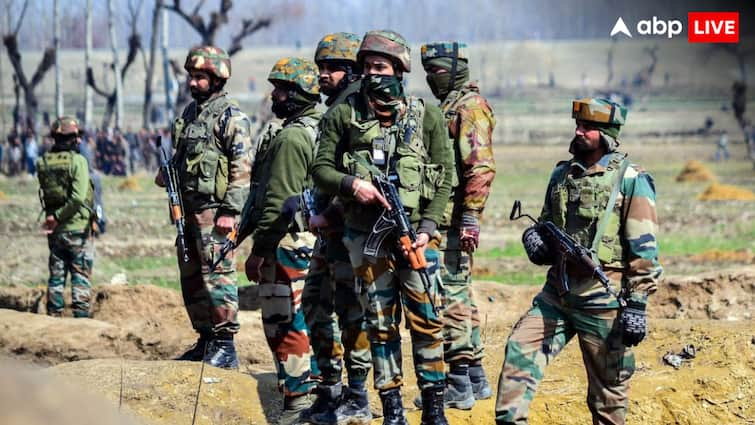Last Updated:
According to top intel sources, the military campaign is less about security & more about securing control over Balochistan’s untapped mineral wealth, including rare earth elements

People from the Baloch community take part in a demonstration demanding greater rights. (AFP File Photo)
Pakistan has launched one of its deadliest military campaigns in decades in the mineral-rich but long-troubled province of Balochistan, sparking accusations of genocide, widespread human rights violations, and state-sanctioned repression under the guise of counterterrorism.
Top sources told CNN-News18 that at least 225 people, mostly Baloch separatists, have been killed, and over 830 enforced disappearances have been recorded so far in 2025. Independent human rights groups believe the actual toll may be significantly higher, with entire communities facing collective punishment as the Pakistan Army wages an all-out offensive across the province.
Recommended Stories
The sources said from Gwadar to Zhob and Quetta to Lasbela, bordering Karachi, military operations are being carried out using tanks, artillery, missiles, and attack helicopters. Witnesses and rights groups describe demolished homes, indiscriminate shelling, and the systematic targeting of Baloch civilians under the military’s now-infamous “kidnap, kill, and dump” doctrine.
The escalation follows the March 11 bombing of the Jaffar Express, for which Baloch militants were blamed. In response, security forces launched what insiders describe as “unlimited kinetic operations” throughout Balochistan. These operations include drone strikes, home demolitions, and mass arrests with little to no oversight.
According to top Intel sources, the military campaign is less about security and more about securing control over Balochistan’s untapped mineral wealth, including rare earth elements critical to global supply chains.
Several reports and intelligence leaks indicate that Pakistan’s military is working through front companies and opaque contracts with Chinese firms to exploit strategic mining zones in Gwadar, Lasbela, and Chagai. These same areas have witnessed some of the fiercest crackdowns in recent months, with entire villages reportedly evacuated or razed.
What has added to troubles is the decision of the United States to resume military cooperation with Pakistan after a nearly decade-long hiatus. This follows a June 2025 meeting where Pakistan Army Chief Field Marshal Asim Munir reportedly received direct support from President Donald Trump to intensify operations in Balochistan.
Soon after, the US officially designated the Balochistan Liberation Army (BLA) as a Foreign Terrorist Organisation (FTO), enabling Pakistan to receive renewed military aid and intelligence-sharing in the name of counterterrorism.
Sources suggest Washington’s pivot is motivated not by counterinsurgency goals, but by a strategic interest in Balochistan’s rare earth mineral deposits, which have become essential to the US tech and defence industries.
They added that while the military continues its operations with impunity, families of the missing have been staging a sit-in protest in Islamabad for over 60 days, demanding answers. No senior government official has met with them, and state media has largely ignored their plight.
Former prime minister Imran Khan, currently jailed on corruption and sedition charges, has spoken out from prison against the military’s actions in both Balochistan and Khyber Pakhtunkhwa, accusing the army of waging war on its own people for profit and foreign partnerships.
The military has suffered its own losses—over 100 soldiers killed, including four officers of major rank—but the offensive shows no signs of slowing down.
Field reports indicate a pattern of forced displacement and land seizures in Baloch-populated areas. Local sources claim that residents are being pushed out of ancestral lands to make way for military-controlled development zones tied to the China-Pakistan Economic Corridor (CPEC) and other strategic projects.
Sources say the situation in Balochistan represents a dangerous convergence of geopolitical interests, natural resource exploitation, and state violence. “As Pakistan intensifies its crackdown with renewed international backing, the Baloch population is being systematically silenced, displaced, and erased,” they said.
About the Author

Group Editor, Investigations & Security Affairs, Network18
Group Editor, Investigations & Security Affairs, Network18
Islamabad, Pakistan
September 08, 2025, 09:14 IST
Loading comments…
Read More




